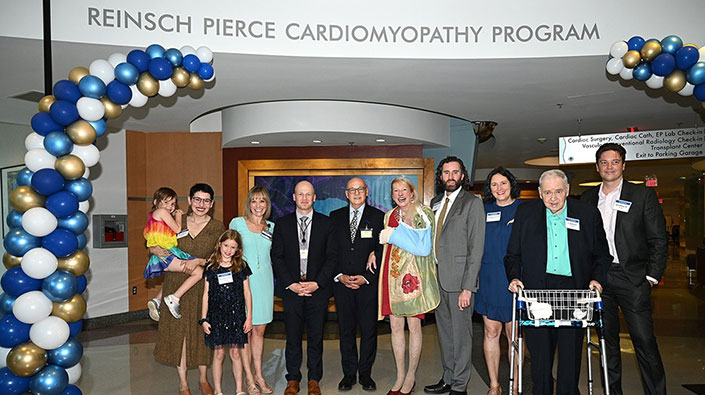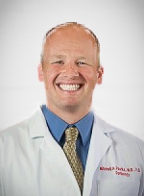Cardiomyopathies are progressive heart muscle conditions that make it harder for the heart to pump, caused by viral infections in the heart, genetic defects, coronary artery disease, arrhythmias and chemotherapy. They can lead to abnormal heart rhythms, heart failure, and backup of blood into the lungs or other parts of the body.
Though the exact prevalence of cardiomyopathies is unknown because they frequently go undiagnosed, as many as one in 500 adults may suffer from some form of cardiomyopathy, with rising numbers as the population ages. Types of cardiomyopathies include:
Arrhythmogenic Right Ventricular Cardiomyopathy (ARVC)
ARVC, also known as arrhythmogenic right ventricular dysplasia (ARVD), is an inherited or genetic disorder of the bottom right chamber of the heart (called the right ventricle) that causes the heart’s muscular wall, or myocardium, to become enlarged and develop problems contracting. ARVC can increase a patient’s risk for arrhythmia (abnormal heart rhythm), subsequently increasing the risk of sudden cardiac arrest or death.
Dilated Cardiomyopathy
The most frequent form of cardiomyopathy, dilated cardiomyopathy, occurs when the left ventricle, the heart's main pumping chamber, is enlarged (dilated). As the chamber gets bigger, its thick muscular wall stretches, becoming thinner and weaker, affecting the heart's ability to pump enough oxygen-rich blood to the rest of the body.
Hypertrophic Cardiomyopathy (HCM)
Hypertrophic cardiomyopathy is the most common inherited or genetic heart disease, characterized by a thickening of the left ventricle muscle that blocks blood flow to the rest of the body and can sometimes affect the mitral valve, causing blood to leak backward through the valve. It can occur at many ages but often presents in childhood or early adulthood and can cause sudden death in adolescents and young adult athletes. Because there are frequently no symptoms, we screen patients with a family history to help with early diagnosis and prevent advanced disease or sudden death.
Learn more
Restrictive Cardiomyopathy (RCM)
Restrictive cardiomyopathy (RCM) is a rare condition in which the heart's chambers stiffen, making it difficult for the heart to fill with blood properly. Though the heart has normal pumping function, it has difficulty relaxing between beats causing the upper chambers of the heart (atria) to enlarge while the lower chambers (ventricles) maintain their normal size. Eventually, the heart chambers can't properly fill with blood, which, in turn, backs up in the circulatory system. Other health conditions commonly cause RCM, but the cause can also be unknown (idiopathic).
RCMs are classified as primary (e.g., endomyocardial fibrosis, Löffler's endocarditis, idiopathic restrictive cardiomyopathy) or secondary, caused by infiltrative diseases such as amyloidosis (most common), sarcoidosis, radiation carditis, and storage diseases, such as hemochromatosis, glycogen storage disorders, and Fabry's disease.


